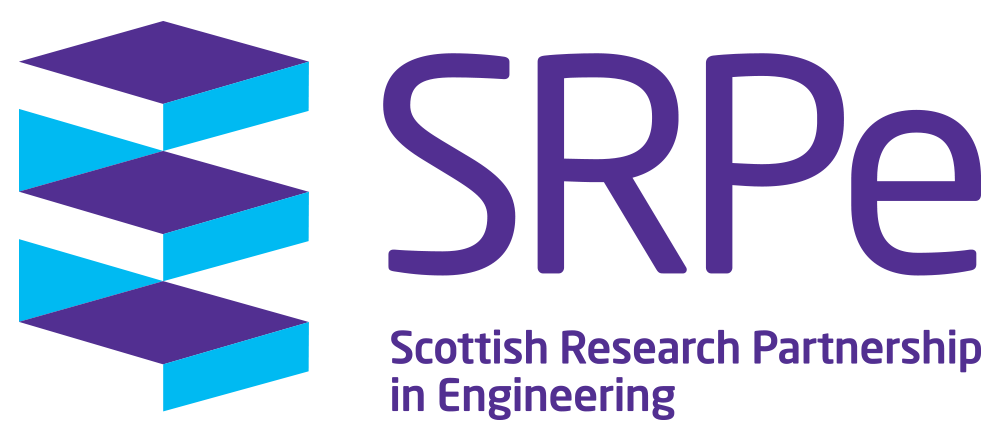Stem Cell Differentiation Probing by Stimulated Raman Scattering
PECRE Award Holder: Dr Han Cui, University of Glasgow
Exchange Host: University of Stuttgart, Germany
Stimulated Raman Scattering (SRS) is a form on nonlinear Raman spectroscopy which provides the same spectroscopic fingerprint from the biomolecules within the cells, as does spontaneous Raman scattering. However, the feature of SRS measurements are that, for a given laser power, the signals are much stronger and with lower noise and induce less radiation damage (due to the use of NIR lasers), than is found with spontaneous Raman scattering measurements. This, together with its non-invasive, label-free attributes, makes SRS a widely desirable tool for use in biomedical engineering as well as physics and other imaging field. It is an ideal tool for exploring living tissue.
Stem cells are a kind of undifferentiated biological cells that can become specialized cells. Benefiting from a new understanding of the differentiation of stem cells, many diseases, e.g. heart disease, or cancers, could be treated or prevented. To date it is difficult to monitor the pathways by which the signals that cause stem cell differentiation reach the cell via the external matrix, and then, when in the cell, how long they remain for. To date, new mechanisms of how to investigate this differentiation process has become and important issue.
In this project, we will explore the theory of SRS and build a strong, simple and stable platform that can be adapted to many biological investigations. Based on this custom-made system, a series of experiments on stem cells will be conducted to probe its differentiation. Our approach is unique and this project will allow us not only to develop new instrumentation, but also to enhance the understanding of stem cells' differentiation and disease processes.
